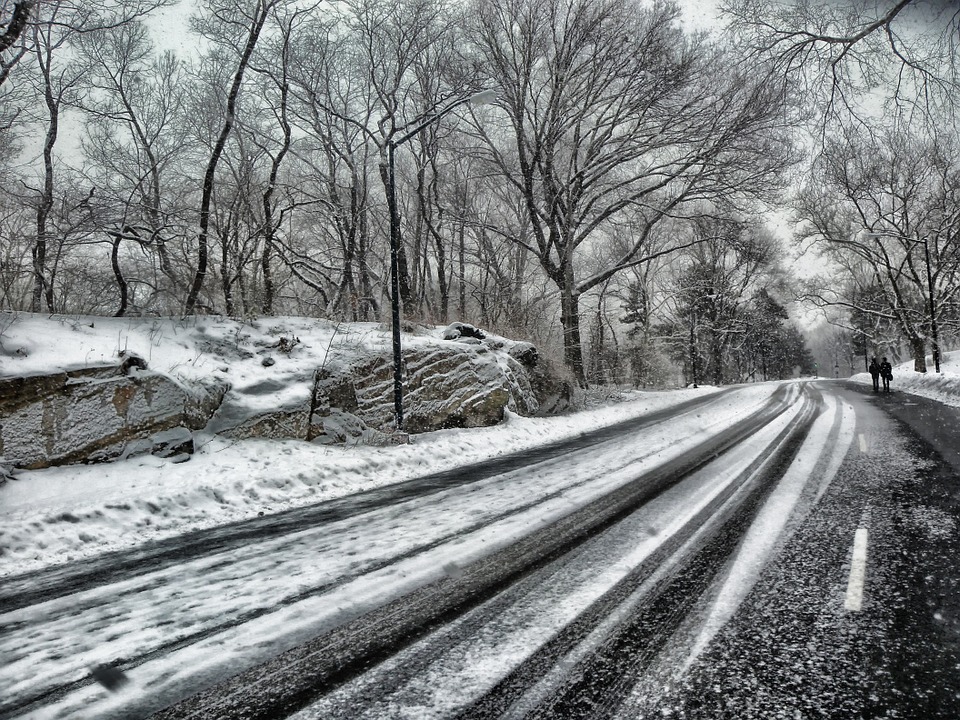You’ve probably heard lots of advice on what deicers are safe to use and which aren’t on concrete surfaces. The frustrating part comes when that advice is confusing, contradictory or generally based more on something people have heard rather than hard evidence. That’s where science comes to the rescue!
Researchers at the University of Kansas sought to answer this question once and for all in a recent study on the effects of deicers on concrete deterioration. They exposed samples of concrete to four of the most common deicing agents – sodium chloride, calcium chloride, magnesium chloride and calcium magnesium acetate. The study ran for 95 weeks, with regular cycles of wetting and drying.
As a general rule, they found that sodium chloride was the safest deicing substance. Significant quantities of any of the other three will impact the long-term durability of your concrete. That’s not to say they all affected it in the same way, but sodium chloride was the clear overall winner.
At low concentrations, calcium chloride had a relatively small negative impact, just like regular old sodium chloride. That’s more damage than the control concrete suffered, but nothing too drastic. The other two, however, caused measurable damage, even at low concentrations.
When the concentrations were cranked up, the results got worse. Even sodium chloride caused measurable damage, highlighting the danger of over-deicing your surfaces. The other three, however, were much, much more harmful – creating significant changes in concrete that result in loss of material and reduced stiffness and strength.
In short? Stick with rock salt for your new concrete surface when possible. It’s not as fast as some of the other alternatives, but it will cause the least problems for your concrete over time. If you must use something stronger for extremely harsh conditions, calcium chloride is your next best bet. Avoid magnesium, and definitely avoid ammonium – ammonium based deicers chemically damage your concrete. As always, use caution and common sense, and your concrete will likely be just fine.










